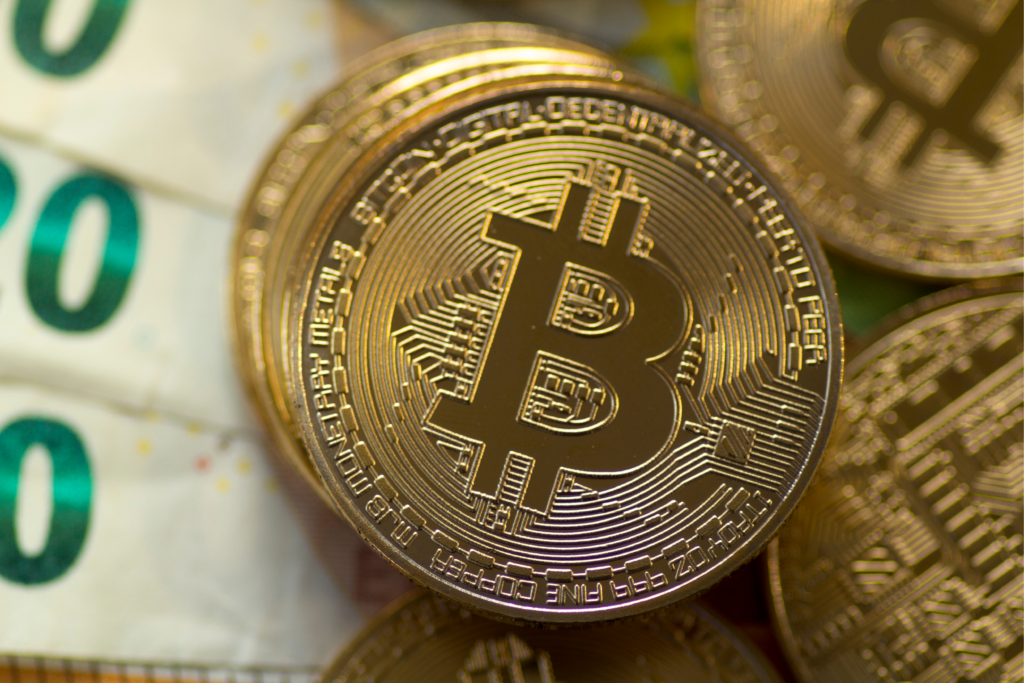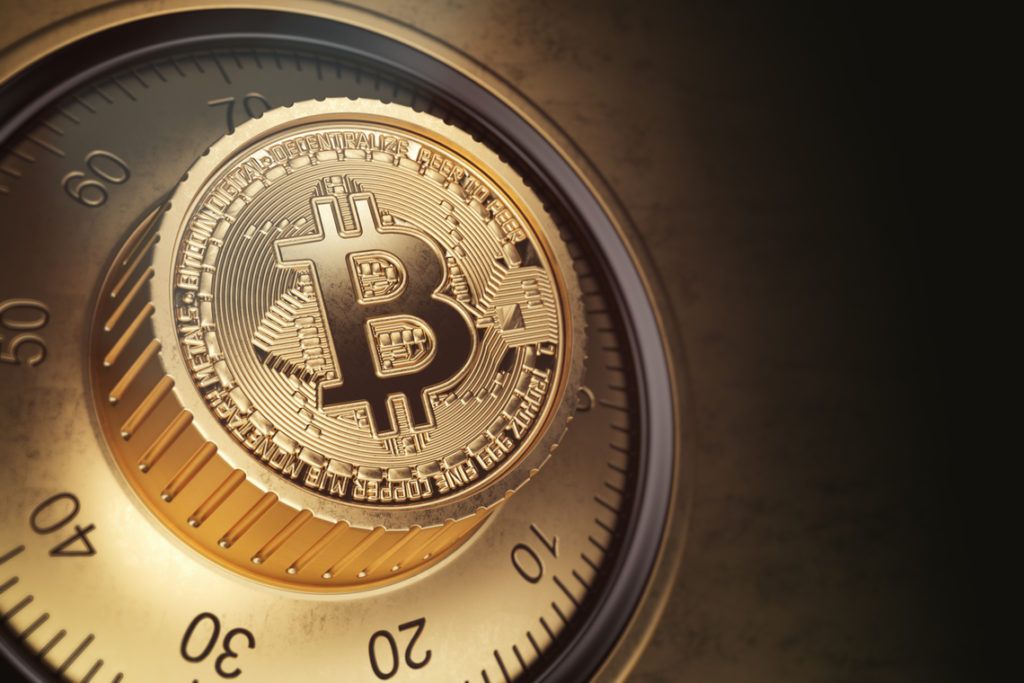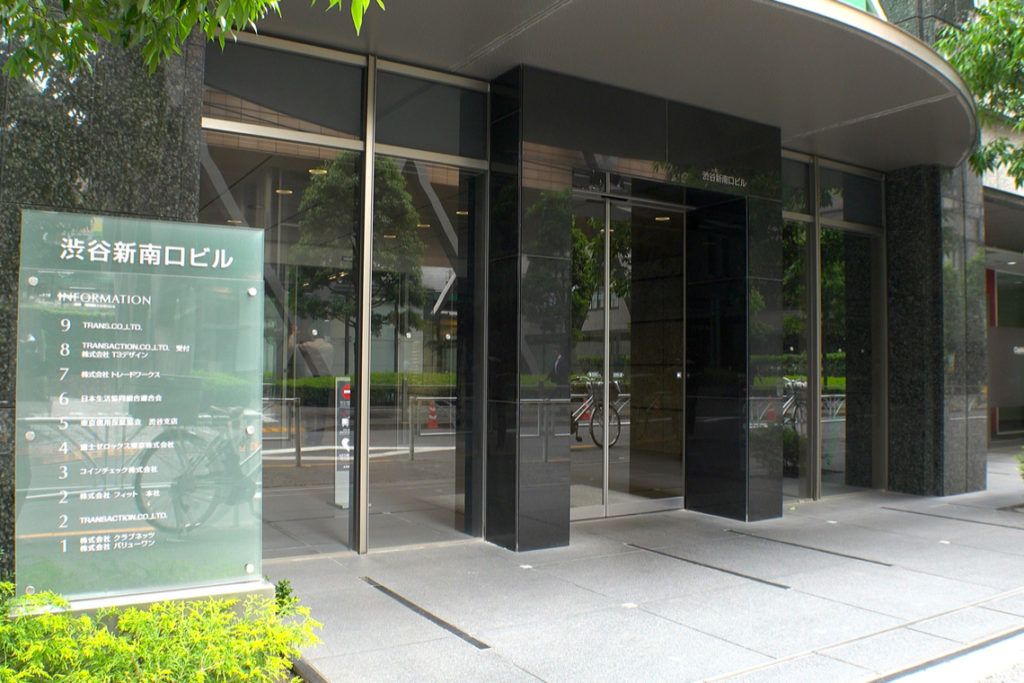Centralized exchanges go against one of the core tenets of cryptocurrency — decentralization.
Despite this fact, centralized exchanges remain one of the most popular options for storing cryptocurrency — with an estimated 50 percent of all circulating cryptocurrency held on them.
Although cryptocurrency is designed to empower people and remove control from government forces and banks, the cryptocurrency industry is beginning to resemble traditional fiat infrastructure — as centralized exchanges take custody over the majority of funds.
In return for sacrificing custody over your funds, centralized exchanges offer a number of features that improve the usability and practicality of cryptocurrency. However, with billions of dollars lost to hackers in the past decade, people are beginning to reconsider whether the trade-off is worth it after all.

Not Your Keys, Not Your Coins
Your private keys are essentially the master key to your digital assets. Anybody who knows your private key has unrestricted access to the funds contained within your wallet, allowing them to spend any funds contained within related addresses by digitally signing a transaction. Ensuring ownership of funds is a must, as it is the only way to prove you truly own the funds contained within any related addresses. It can be argued that anybody who doesn’t control their own private keys doesn’t truly own their cryptocurrency — hence the saying ‘not your keys, not your coins!’ Besides providing unequivocal control over your digital assets, holding your own private keys also ensures that you benefit from any forked coins that are credited to your addresses. Most major cryptocurrencies have experienced one or more forks since they were first introduced. However, since the majority of cryptocurrency exchanges do not allow users to access their private keys, many of these fork coins go unclaimed or are secretly stolen by the exchange. At one point, Bitcoin Cash alone was worth more than $4,300 a coin — at a time when Bitcoin itself was worth around $17,300. Had you not had access to your private keys during the snapshot, you would have missed out on a chance to boost the value of your portfolio by more than 25 percent with virtually no work. The controversy around the ownership of private keys has even spawned the proof-of-keys event. The event is practically a bank-run on centralized exchanges, prompting crypto holders to move their digital assets from exchanges to both ensure customer assets are not being stolen and reassert holders’ sovereignty over their funds.
With Great Power Comes Great Responsibility
While holding your cryptocurrency yourself is certainly more secure, it does pose a different set of risks when compared to storing on a centralized exchange. The internet is filled with horror stories of early Bitcoin adopters who ended up losing their entire portfolio simply because they failed to back up their wallets, their hard-drives malfunctioned, or their PC was infected with a virus. Even experienced cryptocurrency holders can fall victim to more sophisticated attacks — such as URL spoofing and phishing attacks designed to empty their wallets. Despite this, for most people, storing their digital assets on a hardware wallet is likely to be the best course of action — as they offer protection against almost all known attack vectors while providing full access to the private keys. It should be remembered, however, that your coins are only as safe as your private key or mnemonic phrase. If somebody gets access to either, they can easily swipe your funds. Because of this, we recommend thoroughly researching best practices before moving your entire portfolio to a hardware wallet. Although holding your own funds is certainly not a difficult task, it is best to be well-informed before doing so — ensuring you don’t fall victim to any rookie mistakes.
Centralized Exchanges Get Hacked (Like, All The Time)
If withholding potentially profitable forked coins isn’t enough, centralized exchanges also have a terrible reputation when it comes to protecting user funds. Over the past decade, there have been dozens of cryptocurrency exchange hacks — the vast majority of which are targeted at somewhat smaller exchanges, which more commonly lack the resources and security necessary to fend off attacks. [bctt tweet=”Almost all the hacks ever suffered by centralized cryptocurrency exchanges resulted from a breach of a hot wallet. ” username=”beincrypto”] For the most part, these hacks tend to be attacks against the exchanges’ hot wallets, which are essentially wallets that are connected to the internet and able to transfer funds instantly. Many higher-quality exchanges store only a tiny fraction of user funds in hot wallets, holding just enough to allow fast withdrawals and to ensure sufficient liquidity of its digital assets. While any exchange worth its salt knows to store the great majority of user funds offline in cold storage, many of the smaller exchanges and even some larger ones do not appear to be aware of this or are woefully negligent — instead, storing much of the funds in more vulnerable hot wallets. In total, more than $1 billion in cryptocurrency was stolen from exchanges in the last year, with the January 2018 Coincheck hack alone costing users $600 million in NEM. Since then, one or more cryptocurrency exchanges have been compromised practically every month — with the funds almost never being recovered.
Decentralized Exchanges? Not So Much
The reasons why many people store most of their digital assets on centralized exchanges are many. They offer massively improved liquidity, easy access, and many features that are not available on desktop or hardware wallets. However, centralized exchanges are not the only way to obtain these benefits, as there are numerous decentralized exchanges that do not require custody over your funds. These allow you to exchange your cryptocurrencies without ceding control of your funds. However, they don’t offer quite the asset selection and volume offered by their centralized counterparts. Since one of the major drivers of improvement is adoption, this might not be the case for long. With decentralized exchanges growing in popularity every day, the feature gap is becoming smaller and smaller every day — and it might not be long until your favorite DEX is on par with even the biggest centralized exchanges. Most importantly, however, using (most) decentralized exchanges is completely safe since your funds are not stored in a custodial wallet vulnerable to attack. As of this writing, no truly decentralized exchange has been breached — an impressive record given the number of decentralized exchanges available. What are your thoughts on centralized exchanges? Do their benefits outweigh the capital risks? Will decentralized exchanges ever catch up? Let us know your thoughts in the comments below!
Top crypto projects in the US | April 2024
Trusted
Disclaimer
In adherence to the Trust Project guidelines, BeInCrypto is committed to unbiased, transparent reporting. This news article aims to provide accurate, timely information. However, readers are advised to verify facts independently and consult with a professional before making any decisions based on this content. Please note that our Terms and Conditions, Privacy Policy, and Disclaimers have been updated.

Daniel Phillips
After obtaining a Masters degree in Regenerative Medicine, Daniel pivoted to the frontier field of blockchain technology, where he began to absorb anything and everything he could on the subject. Daniel has been bullish on Bitcoin since before it was cool, and continues to be so despite any evidence to the contrary. Nowadays, Daniel works in the blockchain space full time, as both a copywriter and blockchain marketer.
After obtaining a Masters degree in Regenerative Medicine, Daniel pivoted to the frontier field of blockchain technology, where he began to absorb anything and everything he could on the subject. Daniel has been bullish on Bitcoin since before it was cool, and continues to be so despite any evidence to the contrary. Nowadays, Daniel works in the blockchain space full time, as both a copywriter and blockchain marketer.
READ FULL BIO
Sponsored
Sponsored

